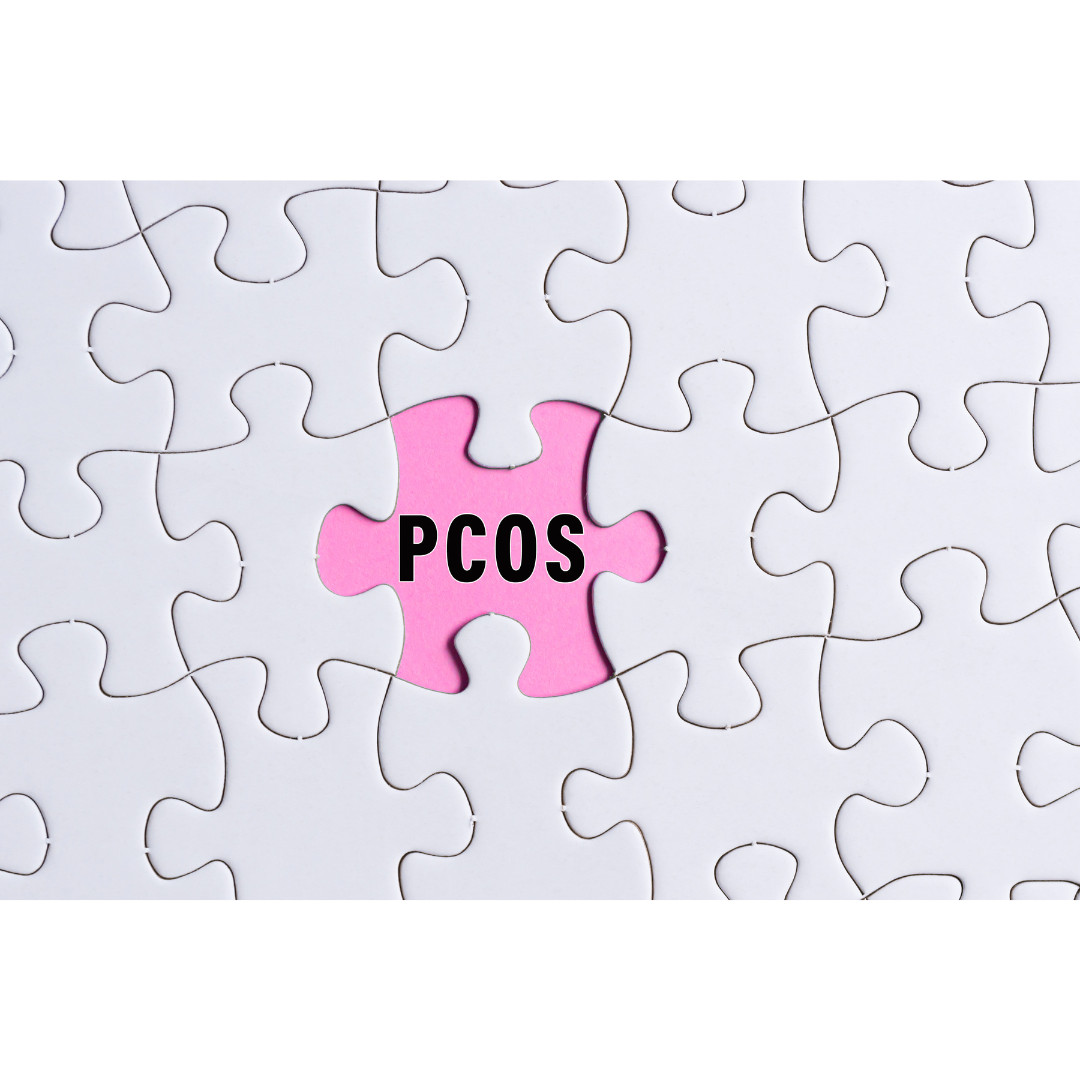
Polycystic Ovary Syndrome (PCOS) represents a multifaceted health issue that extends beyond surface-level symptoms like irregular periods and acne, diving deep into the less discussed but critical problem of insulin resistance. This condition, characterized by the body's diminished response to insulin, a crucial hormone for blood sugar regulation, is a common yet troubling feature among women with PCOS, leading to a cascade of adverse health effects beyond just the risk of diabetes. Insulin resistance contributes significantly to weight gain, particularly through the promotion of abdominal fat, which not only complicates efforts to lose weight but also worsens insulin responsiveness, creating a challenging cycle of weight management issues for these women.
The intricate dance of hormones in PCOS is further complicated by insulin resistance, which exacerbates the production of androgens, or male hormones, leading to severe repercussions on a woman's physical appearance, fertility, and mood. This hormone imbalance, amplified by insulin resistance, adds layers of complexity to the already daunting task of achieving hormonal equilibrium. Compounding the issue, the decreased sensitivity to insulin hampers the body's ability to use glucose effectively, resulting in increased fatigue, diminished physical activity, and cravings for high-carbohydrate foods that further derail weight loss endeavors.
Amidst the physical and hormonal battles, the emotional strain of coping with insulin resistance's implications cannot be overlooked. Women facing these challenges often encounter feelings of frustration, self-blame, and a sense of hopelessness, heavily impacting their self-esteem in a society that frequently links weight to personal worth. Despite these hurdles, there emerges a beacon of hope through a 3-step process designed to help women with PCOS conquer cravings, optimize metabolism, and achieve hormonal balance, illuminating a path forward in the shadow of insulin resistance.
Read more...
Polycystic Ovary Syndrome (PCOS) carries with it several myths and misconceptions that fuel misunderstandings and stigma, demanding a need for clarity and awareness. One of the most pervasive myths is that PCOS is a rare disorder, affecting only a minor fraction of the population. Contrary to this belief, PCOS is quite common, affecting approximately 1 in 10 individuals of childbearing age, indicating its prevalence amongst those with female reproductive systems.
Often misconceived as purely a reproductive issue, PCOS in fact has far-reaching impacts beyond fertility, touching on aspects of metabolism, cardiovascular health, and mental well-being, thus highlighting the complexity of the syndrome. Further compounding the misconceptions, not all individuals with PCOS possess cysts on their ovaries as the syndrome's name might suggest. The diagnosis hinges on a constellation of symptoms including hormonal imbalances and possibly ultrasound findings, rather than the presence of ovarian cysts alone.
Addressing and debunking these myths is paramount not only for fostering a deeper understanding of PCOS but also for ensuring those affected receive tailored and empathetic care. Treatments vary, extending beyond birth control pills to include lifestyle adjustments and individualized plans that tackle both symptoms and root causes. Moreover, recognizing that PCOS can affect individuals across a spectrum of gender identities is crucial for an inclusive and sensitive approach to diagnosis and treatment. Dispelling these myths paves the way for improved support and management strategies for all individuals experiencing PCOS, ensuring their distinct needs are met with the appropriate interventions and care.
Read more...
Motherhood is often seen as a time of great joy and fulfillment, yet for some, it can unexpectedly become a period of intense emotional turmoil due to postpartum depression (PPD). Despite the prevalence of PPD, affecting about 13% of new mothers, it often remains undiscussed and untreated due to societal stigmas and the misconception that motherhood should only bring joy. This silence and lack of understanding can leave those affected feeling isolated and ashamed, struggling with feelings of sadness, emptiness, and even thoughts of harm towards themselves or their baby.
PPD is not an indicator of failings in motherhood or personal weakness; it arises from a complex interplay of hormonal changes, genetic predisposition, and environmental factors following childbirth. While the “baby blues” are common and typically fade, ongoing, severe emotional distress signifies a deeper issue like PPD. This condition can transform the expected joy of new motherly bonds into overwhelming tasks, plunging mothers into a state of despair and anxiety that deeply affects their well-being and ability to connect with their child.
To combat PPD, it is imperative not only to encourage open dialogue about the realities and challenges of postpartum emotional health but also to actively support affected mothers through professional mental health services, social support, and comprehensive care. Raising awareness is vital in reducing stigma and fostering environments where mothers feel safe to seek help and talk about their struggles. Ultimately, recognizing and treating postpartum depression paves the way for mothers to recover and experience the profound joy and satisfaction of motherhood.
Read more...















